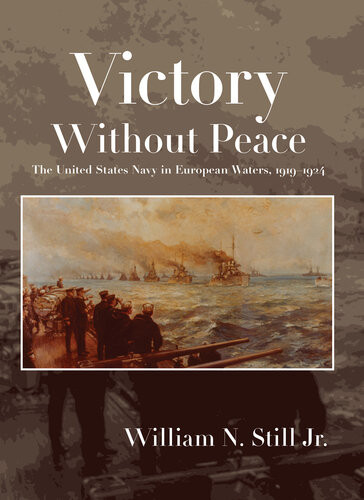

Most ebook files are in PDF format, so you can easily read them using various software such as Foxit Reader or directly on the Google Chrome browser.
Some ebook files are released by publishers in other formats such as .awz, .mobi, .epub, .fb2, etc. You may need to install specific software to read these formats on mobile/PC, such as Calibre.
Please read the tutorial at this link: https://ebookbell.com/faq
We offer FREE conversion to the popular formats you request; however, this may take some time. Therefore, right after payment, please email us, and we will try to provide the service as quickly as possible.
For some exceptional file formats or broken links (if any), please refrain from opening any disputes. Instead, email us first, and we will try to assist within a maximum of 6 hours.
EbookBell Team

5.0
68 reviewsConversely, Congressional appropriations handicapped this deployment by demobilization, general naval policy and postwar personnel, and operating funds reductions. Though reluctant to allocate postwar assets into seemingly unimportant European and Near Eastern waters, the Navy was pressured by the State Department and the American Relief Administration's leader, Herbert Hoover, to deploy necessary forces. Most of these were withdrawn by 1924 and the European Station assumed the traditional policy of showing the flag.